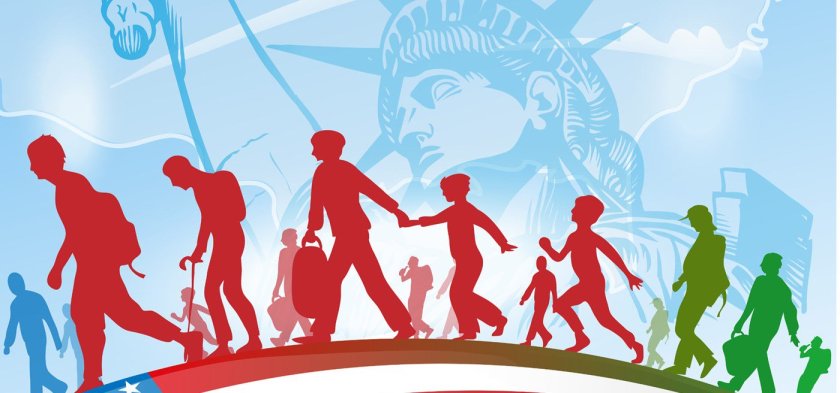Reader,
When I say the word “HOME”, what first comes to mind for you? Maybe it’s a country, a state, a person, or the 4 walls you were raised in. For each of us, home is a different place, its meaning resonates deeply, the shared experiences, learning opportunities, firsts, lasts, and in betweens that create special memories in these places.

I don’t know where you are reading this post from, some of you may be local, national, or international, wherever you are, consider the pain of being ripped from your home. Well, currently in the United States of America, over 800,000 children are at risk of being ripped from their homes. Like you, they grew up here, created lifetime memories and became themselves in these spaces. These children are called DACA recipients, they were brought to the US at a young age by their parents. DACA, also known as “Deferred Action for Childhood Arrivals” allowed these children the opportunity to work, live, attend school, and settle down in this place they call home. The current President of the US, has rescinded DACA, removing all opportunities from recipients and placing their lives at risk. What horror! 
Children. Children need their homes and here in the US we are hoping to find enough advocates to push and fight for DACA recipients to remain. But there is a challenge to building allies due to the narrative being pushed in this country. Many are being told that DACA recipients are taking the jobs of Americans, African Americans, and other natives in this land. The tension, competition, and separation as a result of this false information and “fake news” is the aim of my Grand Challenge. I am focused on helping minorities, specifically Black immigrants and African Americans, to reject and dismantle the lies that they are on opposite sides of the fight for justice. Black immigrants and African Americans have much in common if true racial and social justice is to occur.
Has anything like this happened in your country? How would you respond? What strategies can we use here in this fight? Please share below!


